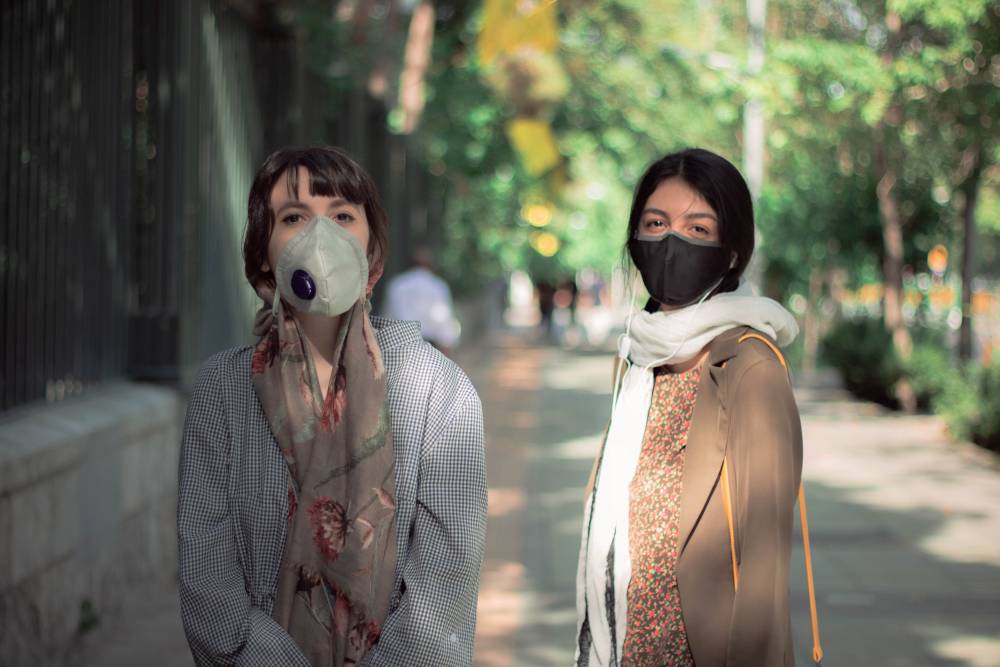
Sustainable fashion isn't regressing because of the COVID-19 crisis. Sustainability is more crucial than ever for the fashion industry. The pandemic served as an opportunity to reset and adjust priorities.
A recent report from the Global Fashion Agenda (GFA) reveals that almost two-thirds of the 86 companies that signed its circularity initiative successfully reached the 207 targets.
In some cases, they even exceeded their targets. This an incredible achievement for the industry, considering the challenges the industry continues to face today.
Panaprium is independent and reader supported. If you buy something through our link, we may earn a commission. If you can, please support us on a monthly basis. It takes less than a minute to set up, and you will be making a big impact every single month. Thank you!
Circular Fashion System Commitment
The 2020 Circular Fashion System Commitment includes companies of all sizes, market segments, and stages at which they were on their circularity journey. The 86 signatories represent 12.5% of the global fashion market.
The 207 targets concern across four action points:
- Implementing design strategies for cyclability
- Increasing the volume of used garments and footwear collected
- Increasing the volume of used garments and footwear resold
- Increasing the share of garments and footwear made from recycled post-consumer textile fibers
Many leaders in the fashion industry believe that the coronavirus pandemic lay down significant opportunities. The current crisis gives time to rethink business models and improve how clothing is produced, distributed, and consumed today.
Michelle Russell, an apparel correspondent for data and analytics company GlobalData, explains:
"Before the pandemic, the fashion industry had seen some sizeable shifts in sustainability such as investment in new technologies and new manufacturing models, the elimination of hazardous chemicals, reductions in CO2 emissions, and the adoption of circular economy practices all featuring high on company agendas.
However, COVID-19 has changed consumers' purchasing habits, and it has had a material impact on the ability of businesses to fund projects to meet their sustainability targets. Excess stock in the supply chain resulting from store closures during lockdown has only exacerbated the problem.
In an optimistic scenario, brands and retailers will approach their ambitious sustainability goals with renewed vigor in 2021. And they will see the pandemic as an opportunity to re-evaluate the fashion retail model to be more ethical and sustainable as shoppers develop greater antipathy towards wasteful business models.
Supply chain transparency could also see a renewed focus as the pandemic forces businesses to have greater control over their supply chains."
Circular Fashion Pledge
Sustainability is trending in the fashion industry for good reasons. Fashion is one of the most polluting industries globally after the oil industry. It produces massive amounts of waste, pollution, greenhouse gases every year.
Thankfully, many clothing brands and retailers show their commitment to sustainability through initiatives such as the 2020 Circular Fashion Pledge.
Small and medium-sized apparel brands are working hard to make the global fashion industry more regenerative and promote the circular economy.
Fashion Conveners
Non-governmental fashion organizations also team up to accelerate the sustainable transformation of the apparel industry. They formed a global industry coalition in 2020, Fashion Conveners, to reduce the environmental and social impacts across fashion.
The coronavirus pandemic has hit the fashion industry hard. Consumers are spending less, retail stores closed down, garment factories stood still, and many businesses went bankrupt.
The global textile and apparel industry is sinking due to the economic crisis and subsequent lockdowns. But this disaster allows consumers and large players in the fashion industry to plan for a better future.
The COVID-19 crisis forces businesses and organizations to work towards making fashion more sustainable. The industry is implementing more and more sustainability initiatives to thrive after the pandemic.
Was this article helpful to you? Please tell us what you liked or didn't like in the comments below.
About the Author: Alex Assoune
What We're Up Against
Multinational corporations overproducing cheap products in the poorest countries.
Huge factories with sweatshop-like conditions underpaying workers.
Media conglomerates promoting unethical, unsustainable products.
Bad actors encouraging overconsumption through oblivious behavior.
- - - -
Thankfully, we've got our supporters, including you.
Panaprium is funded by readers like you who want to join us in our mission to make the world entirely sustainable.
If you can, please support us on a monthly basis. It takes less than a minute to set up, and you will be making a big impact every single month. Thank you.































0 comments